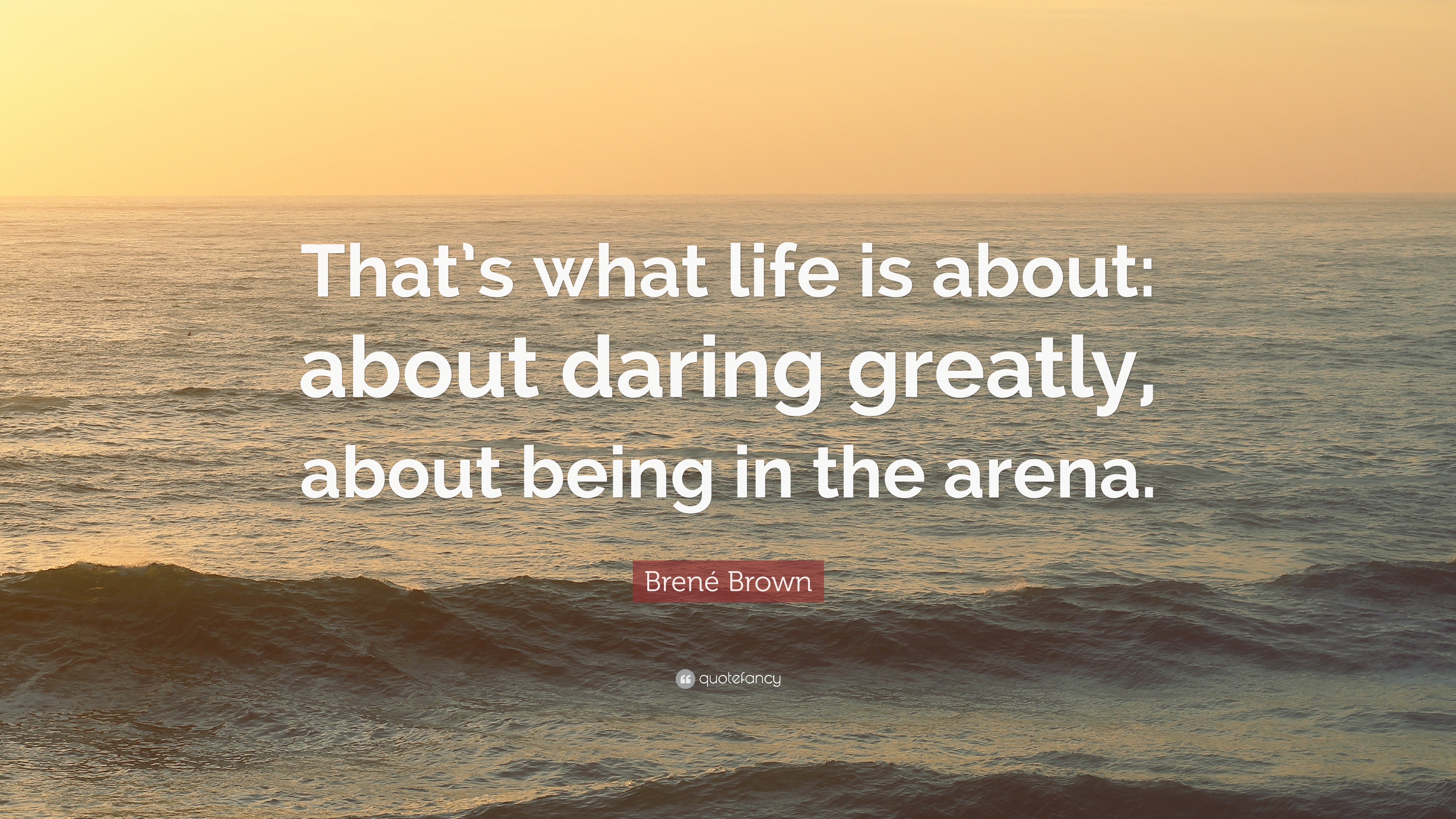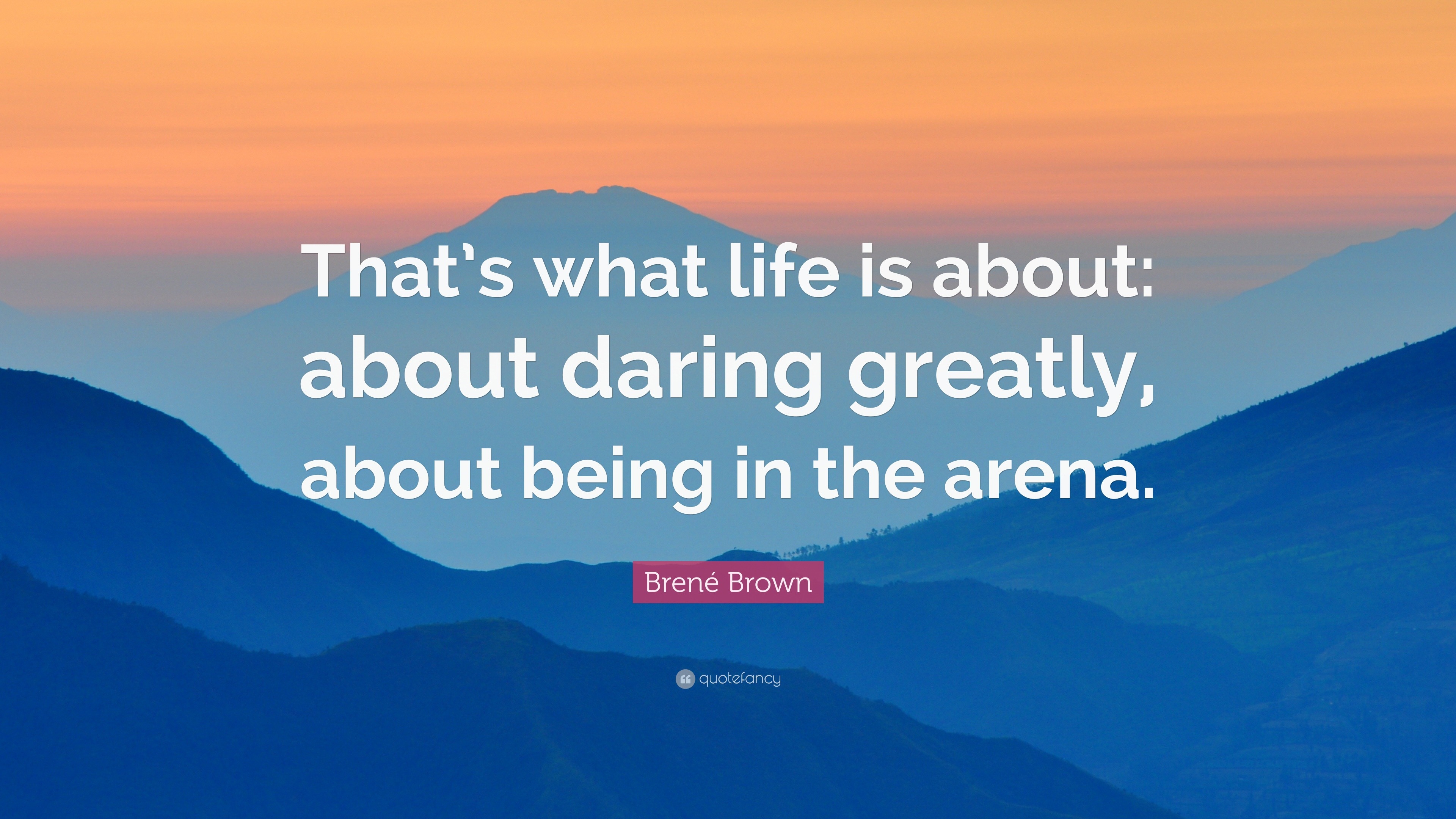
With that definition in mind, let’s think about love. I define vulnerability as uncertainty, risk, and emotional exposure.

I know this is hard to believe, especially when we’ve spent our lives thinking that vulnerability and weakness are synonymous, but it’s true. If we want greater clarity in our purpose or deeper or more meaningful spiritual lives, vulnerability is the path. It is the source of hope, empathy, accountability and authenticity. Vulnerability is the birthplace of love, belonging, joy, courage, and creativity. We want deeper and more meaningful spiritual lives. What most of us fail to understand and what took me a decade of research to learn is that vulnerability is also the cradle of the emotions and experiences that we crave. Our rejection of vulnerability often stems from our associating it with dark emotions like fear, shame, grief, sadness, and disappointment-emotions that we don’t want to discuss, even when they profoundly affect the way we live, love, work, and even lead.

To foreclose on our emotional life out of a fear that the costs will be too high is to walk away from the very thing that gives purpose and meaning to living. To believe vulnerability is weakness is to believe that feeling is weakness. Vulnerability is the core of all emotions and feelings. Vulnerability isn’t good or bad: it’s not what we call a dark emotion, nor is it always a light, positive experience. We’ve come to the point where, rather than respecting and appreciating the courage and daring behind vulnerability, we let our fear and discomfort become judgment and criticism.

When we spend our lives pushing away and protecting ourselves from feeling vulnerable or from being perceived as too emotional, we feel contempt when others are less capable or willing to mask feelings, suck it up, and soldier on. The perception that vulnerability is weakness is the most widely accepted myth about vulnerability and the most dangerous. Available at Amazon | Barnes and Noble | IndieBound


 0 kommentar(er)
0 kommentar(er)
